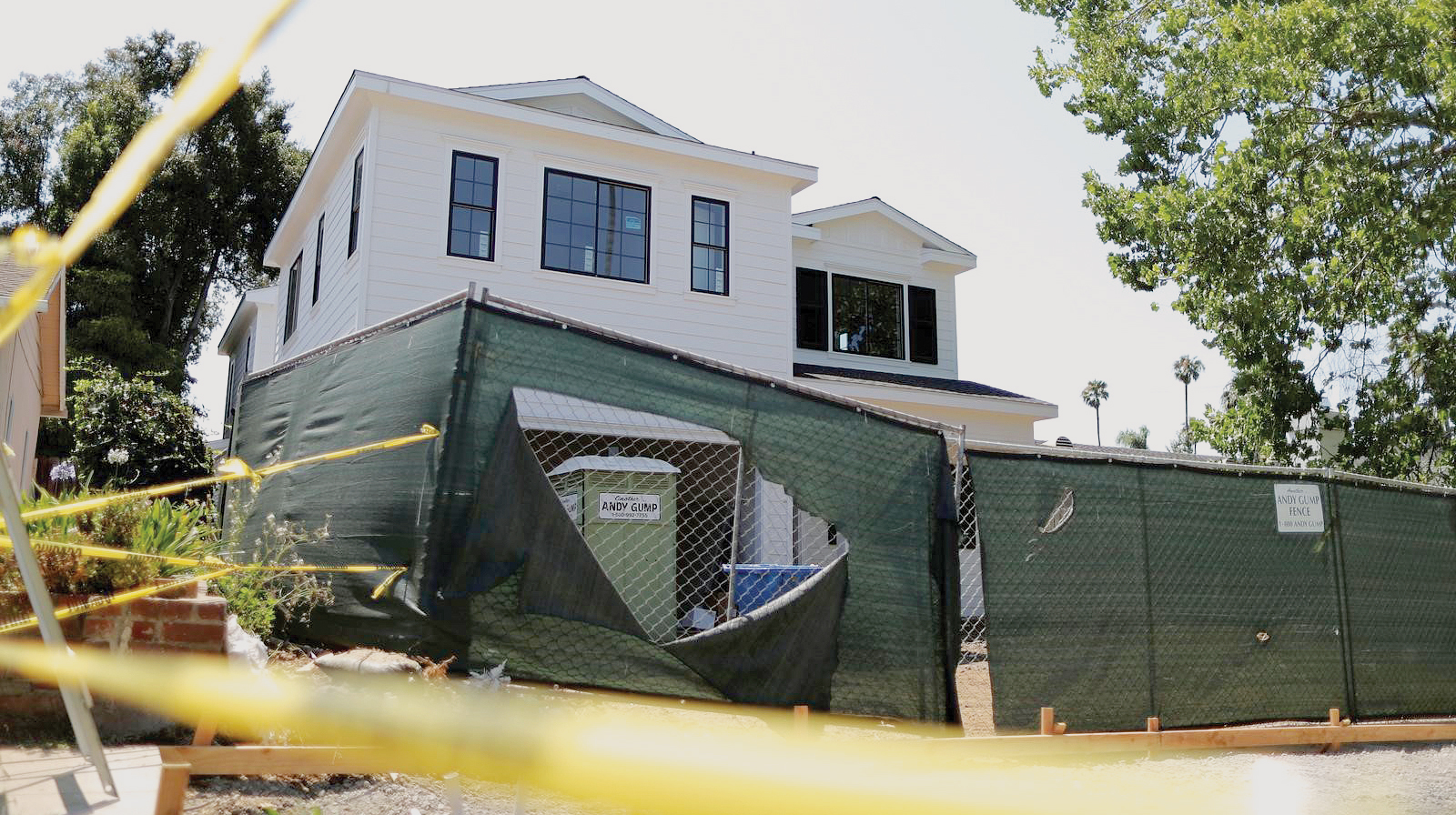

WASHINGTON: US homebuilding fell for a third straight month in July amid a steep decline in the construction of multi-family housing units, but a jump in permits to a seven-month high offered hope for the struggling housing market.
Declining mortgage rates have done little to stimulate the housing market as land and labour shortages constrain builders’ ability to construct sought-after lower-priced homes. Housing and manufacturing are the weakest spots in the economy, which last week had seen a heightened risk of recession.
“After almost a year, lower mortgage rates have done nothing to boost residential housing construction,” said Chris Rupkey, chief economist at MUFG in New York. “Housing construction remains the weak link for new investment in the economy and will keep GDP growth slower than it would have been.”
Housing starts dropped 4.0 per cent to a seasonally adjusted annual rate of 1.191 million units last month, the Commerce Department said on Friday. Data for June was revised down to show starts falling to a pace of 1.241 million units, instead of dropping to a rate of 1.253 million units as previously reported.
Economists polled by Reuters had forecast housing starts would edge up to a pace of 1.257 million units in July.
The 30-year fixed mortgage rate has dropped to 3.60 per cent from a peak of 4.94 per cent in November, according to data from mortgage finance agency Freddie Mac.
Homebuilders say lower borrowing costs have not boosted the housing market because mortgage rates have declined due to economic uncertainty. The Federal Reserve cut interest rates last month for the first time since 2008, citing growing risks to the economy from the Trump administration’s bitter trade war with China, as well as slowing global growth.
Financial markets expect the US central bank will lower its short-term interest rate by another 25 basis points because of the ongoing trade impasse, which this week contributed to an inversion of the US Treasury yield curve and unleashed a sharp sell-off on global stock markets.
The US 2-year Treasury note yield rose above the 10-year note yield on Wednesday for the first time since June 2007, signalling a recession was looming.
Worries tied to the trade tensions and Fed rate cut weighed on consumer sentiment in early August, another report showed on Friday. The University of Michigan said its consumer sentiment index fell to 92.1 early this month, the lowest reading since January, from 98.4 in July. The survey’s current conditions measure dropped to its lowest level since late 2016. — Reuters
Oman Observer is now on the WhatsApp channel. Click here



